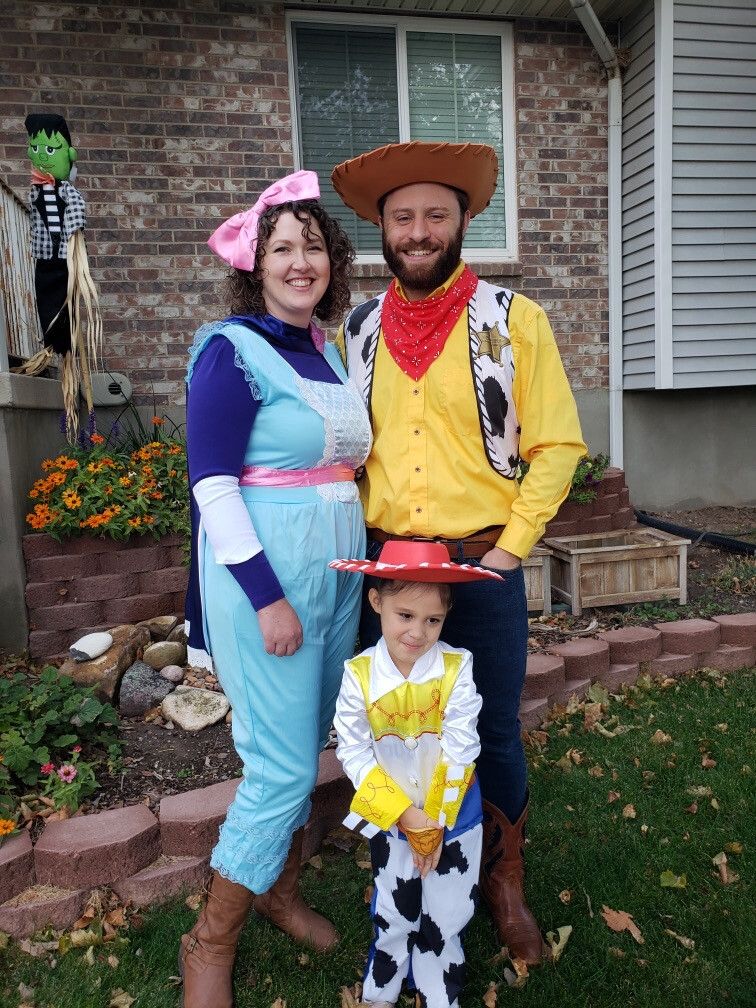If there’s a turning point in your adoption journey, it’s in the days leading up to and just after the birth of your baby.
That’s when your adoption decision will suddenly hit home and become real for you, perhaps for the first time. And that’s why it’s important to work out a plan for your hospital visit beforehand.
Preparing yourself won’t change your decision. But it could make your life a lot easier when you get there.
And it’s never too early to start start planning. Some issues you’ll need to address are
- Do I want the family in the delivery room?
- Do I want to see my baby after he’s born?
- Do I want to hold my baby, and if so, before or after the adoptive family?
- How much time do I want to spend with my baby?
- Who else do I want to be with me in the delivery room?
All of these topics can be discussed with your adoption worker or with your baby’s father and/or your family members if they’re involved in the decision-making process.
Eventually, the hopeful adoptive family will need to know your wishes as well. If you don’t want to discuss them directly with them, your adoption worker can do them for you.
Just make sure they know, and that the hospital staff knows as well. Giving birth is a stressful time. The last thing you want to do is complicate the situation further.
In creating your hospital plan, decide what works best for you. The hopeful adoptive parents may have some suggestions on how to make the experience easier for you, which is fine. But ultimately, you have the final say. Don’t do anything because you think the hopeful adoptive parents want it or because you’re worried about how they will react to your plan.
In the end, they should be open to whatever arrangement suits you. And if they aren’t, they need to discuss it with you.
Other things you’ll need to think about before your hospital stay include
- What name do I want to put on the birth certificate?
- When do I have to sign the consent form?
- How much time do I have to revoke my consent?
Remember, until you sign the relinquishment forms, you are legally your baby’s mother. As a result, you’re entitled to be treated the same way as any other new parent.
If you suddenly get cold feet about your adoption plan and need more time to think about it, there’s nothing that stops you from putting the process on hold. One option is to put your baby in foster care. That will give yourself time and space to think about your next moves.
It’s up to you whether you want the hopeful adoptive parents to be at the delivery with you. If you’re having seconds thoughts, though, don’t be afraid to ask them to leave. Having them in the room with you will only make your decision harder.
Many expectant parents say they never expected this stage of the adoption process would be so tough on them. And there’s no question it’s a difficult time. While the adoptive parents will go home with your baby, you’ll be leaving the hospital empty handed. Knowing that your baby is loved and cared for will provide some reassurances, but it won’t take away the pain or the sadness.
While you’re at the hospital, surround yourself with positive thoughts and supportive people. After the placement, don’t go home alone. Be sure to have a friend or a family member on hand that you can spend time with and share your thoughts and feelings.
Stay strong and focused, but give yourself permission and time to grieve. There are many ways to deal with your loss. You can
- Keep a journal
- Write a letter for your child that explains your decision
- Get your baby’s hospital bracelet or a lock of his hair
A part of you will regret your decision. That’s only natural. But as you struggle with your decision, think back on the reasons you made it in the first place and ask yourself these questions:
- What, if anything, has changed since you made your adoption plan?
- Are you suddenly in a better position to parent?
- Have the obstacles that were in your way before disappeared?
- What’s different now?
- Will having a child in your life will make it any easier for you?
Don’t hesitate to meet with your adoption worker and get more counseling. Expectant parents who place their babies for adoption don’t have the same kind of outlet or support system that other expectant parents have at their disposal.
Even your closest friends and family members may not fully understand your decision or your reaction to it. After all, they may say, you decided adoption was the right thing to do. So what are you so sad about?
If you haven’t signed up for a birthmother support group, consider joining one. Other birthparents will understand the emotional roller coaster you’re experiencing. And they can share their own stories about how they handled it. Discussing your situation with others will not validate your decision. It will connect you to a larger community — one where you can find advice, guidance and support from like-minded people.

